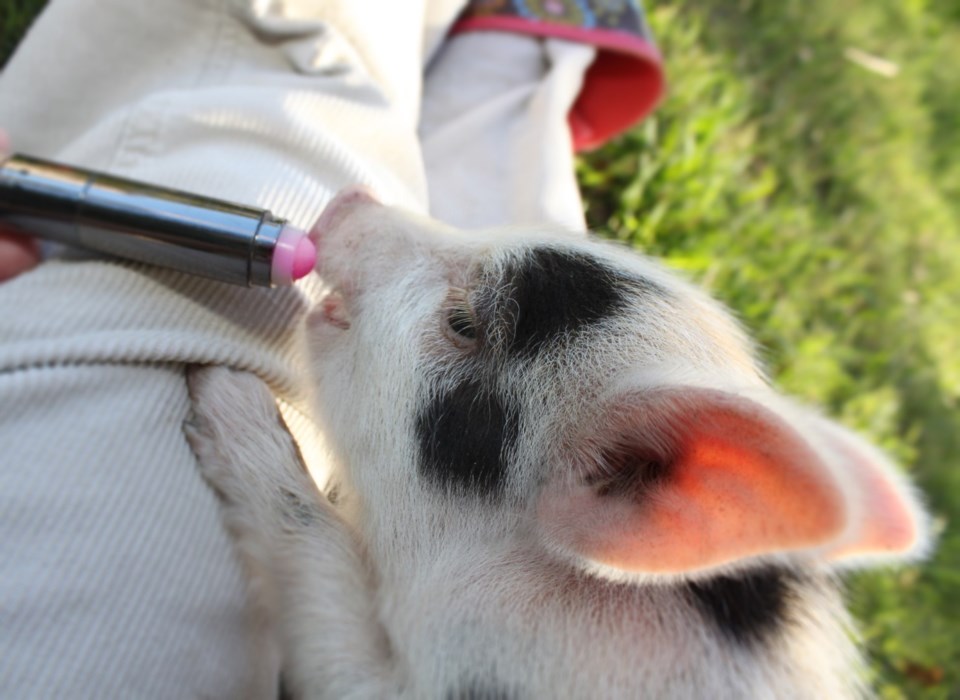You can put lipstick on a hog and call it Monica, but it’s still a pig.
Support for Prime Minister Justin Trudeau’s government is in freefall. Liberals seem to think they can turn it around by improving communications.
“We’re not reaching the general public in the way that we need to if we’re going to form government again,” an anonymous Liberal member of Parliament the Toronto Star. The Star noted Liberal MPs argue their “messaging is failing to break through.”
But snappy slogans won’t solve their political woes. Trudeau’s problem isn’t that Canadians don’t know what his government is doing. His problem is Canadians know exactly what his government is doing and don’t support it.
The carbon tax illustrates this point perfectly.
There’s been an “11-point drop in support for carbon pricing in Canada compared to 2021,” to the Angus Reid Institute. of Canadians believe they get more money back in rebates than they pay in carbon taxes.
How does Trudeau plan to solve his political problem?
“The federal government is considering a rebrand of the rebate program for its carbon pricing system in an attempt to tackle what it calls confusion and misconceptions about the scheme,” the Star .
But ask yourself: is the problem that Trudeau and his ministers haven’t talked enough about the rebates? They never miss an opportunity to “eight out of 10 get more back than they pay.”
And who gets more media time than the prime minister and his ministers (not to mention their army of communication staff)?
Perhaps supporters of the carbon tax can sleep better at night telling themselves the problem is poor communication rather than acknowledging Canadians don’t support it.
But delusional denial won’t help the problem. Opposition to the carbon tax is soaring at 14 cents per litre of gas. How do you think Canadians will feel when it hits 37 cents? What’s the comms plan for that problem?
Here’s the reality: it’s not a lack of proper communications from taxpayer-funded spinners.
Canadians just understand obvious realities:
The carbon tax makes the necessities of life, like getting around, staying warm and buying food, more expensive.
A government can’t tax its citizens, charge its of its carbon tax, spend to administer it, and then somehow make the vast majority of Canadians better off with rebates.
Making it more expensive for Canadians to fuel up or heat their home won’t solve an international problem, especially when (including our biggest trading partner and competitor) do not impose a national carbon tax.
Energy taxes particularly harm an economy like Canada’s, which is vast and cold, with abundant natural resources.
The data bears this out.
The Parliamentary Budget Officer considered all the costs that come with the carbon tax and found that about of households are worse off this year, even after the rebates. By 2030, about 80 percent of households will be worse off in most provinces.
Recent polling from Angus Reid also reveals why the Liberals are losing support.
“Just 57 percent of 2021 Liberals say they would vote for the party again,” to Angus Reid. “Among the 43 percent who now prefer another party, there are consistent, elevated signs of economic stress.”
Those Canadians are most likely to support the Liberals. Why are they leaving? Economic stress and the cost-of-living crunch.
No matter how many times Trudeau he’s “working to make life more affordable,” Canadians won’t believe him if he’s raising taxes that make life more expensive.
For Trudeau and the Liberals, the real problem isn’t sloppy communications. Their problem is their tax hikes are making life harder for Canadians.
Franco Terrazzano is the Federal Director of the .
©




